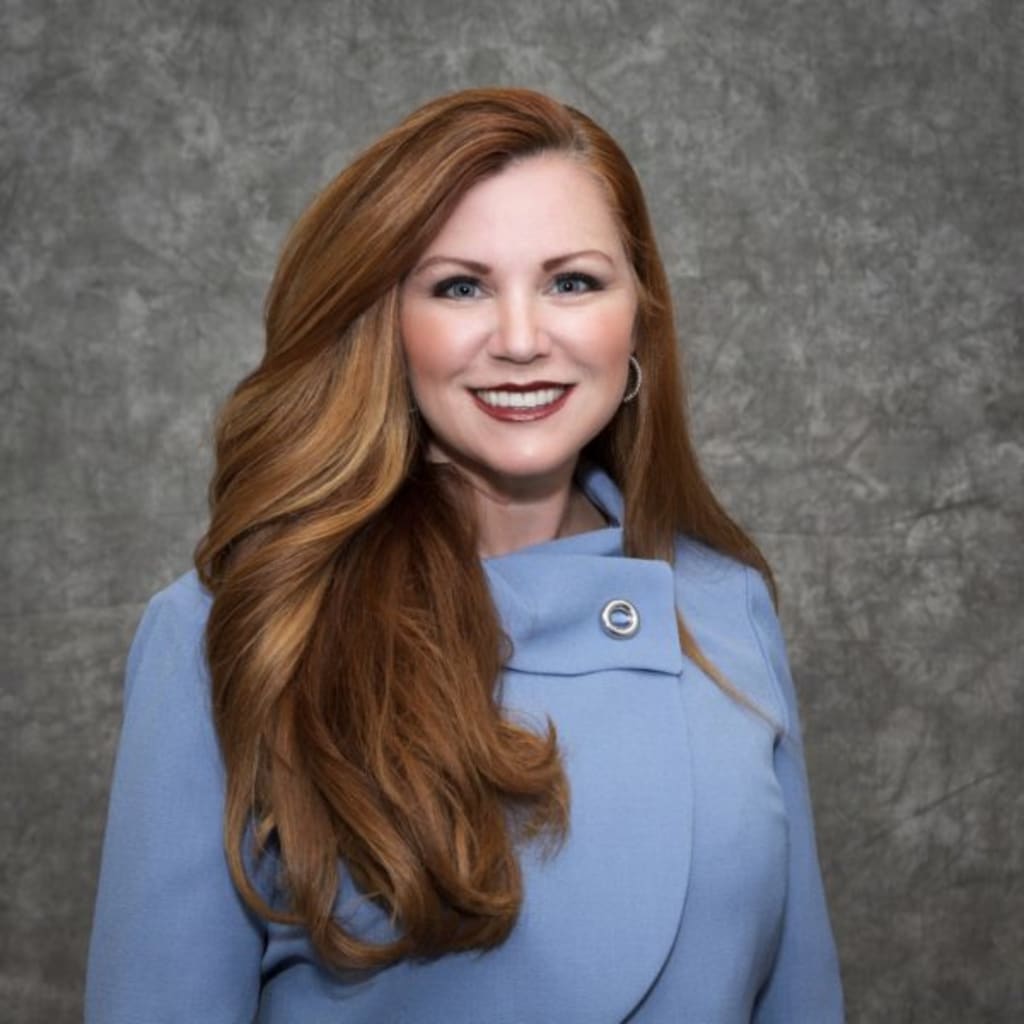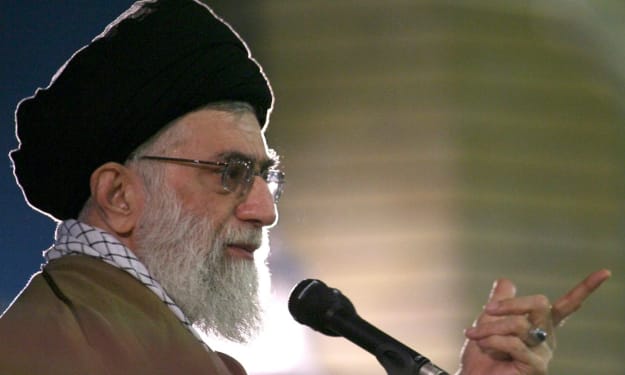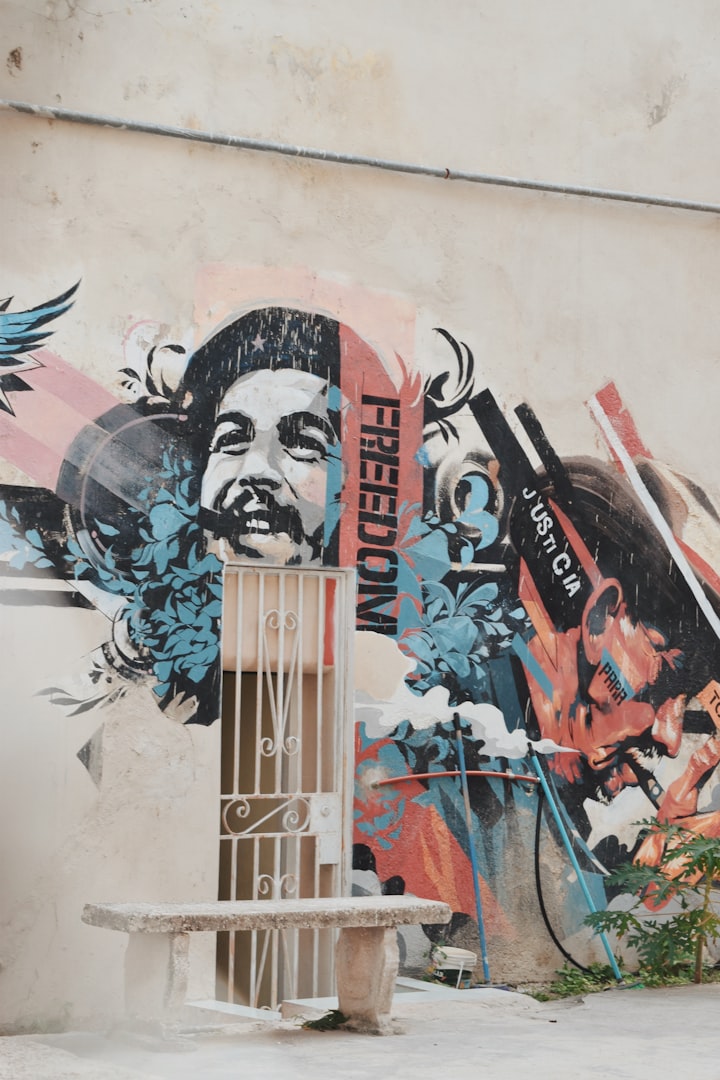An Open Letter to Sophia L Thomas
President of the American Association of Nurse Practitioners

An Open Letter to Sophia L Thomas
Whenever a new face steps into a healthcare leadership role, there is a hope that new life and positivity will fill the space another left behind. My wish for you was that you would put patient safety before an agenda to propagate misinformation about the role of physician’s advocacy in America's current healthcare crisis. However, I, unfortunately, was wrong.
There is one thing you and I agree upon: every human being in this country deserves access to quality healthcare services regardless of their ability to pay. In your recent article, Social Media is Not for Clinical References, your point is not to highlight that many new graduating nurse practitioners are using Facebook and other social media groups to pose questions about primary patient care and essential disease management because of their lack of readiness following completion of accredited Nurse Practitioner program. Instead, you have propagated an assertion where physicians are using these posts solely to aid anti-NP campaigns to stop full practice authority (FPA). What you conveniently (and likely purposefully exclude in your article) is one substantial truth. These posts are highlighting the lack of readiness many new nurse practitioners possess at the time of their graduation. Many of the newest graduates struggle with the identification of highly common diseases. They are unable to paste together and offer a reasonable, affordable, and appropriate treatment option to the patient. Primary care is not a revolving door for patients to be shipped off to a specialist for every symptom complaint or lab abnormality. It is a place where deliberate and careful interviewing, examining, and critical thinking come together in the form of well thought out treatment plans which serve to satisfy patient's concerns but also alter/resolve the state of a disease.
Alas, I have to ask, what are you doing to ensure that every graduating nurse practitioner is prepared to practice evidence-based medicine safely upon entering the healthcare system? How many are being encouraged to help a patient-centric team with the physician at the helm? The health care system has so much to gain from the role of the nurse practitioner. However, that role should not be to deliver care independent from a physician, but to deliver care within a physician-led team. The practice of medicine is complex, intricate. I exist in a current model of care where NP's and PA's play vital roles in the efficiency of our high-functioning team. Each of the members works at the top of their skill set and can rely upon and learn from myself and other physicians who have more in-depth clinical training and expertise. Their existence in our team is invaluable because they know their limitations and when to ask for help. These NPs are individuals who worked for many years as a nurse prior and then furthered their education by attending a brick and mortar school. I fear this model is becoming diluted in an agenda to increase the number of NPs through online programs which are popping up everywhere. Without complete oversight to ensure each education program sits atop a reliable infrastructure, providing all students, regardless of institution, with the same standardized education they need to excel as an NP, how can you safely endorse FPA?
In medicine, the education of physicians is strictly standardized. This took decades to achieve, but ultimately, a mandatory system was created so that a student in any institution would receive the same medical education and skills needed to safely and efficiently practice medicine upon completion. Unfortunately I do not find evidence that such a standard is upheld in the many online NP programs that are now available. There are programs existing today where 100% of the didactic is online, without any live testing requirements to ensure the student is learning how to interpret abnormal exam findings in conjunction with an active, and medically reasonable differential diagnosis. These are institutes where clinical oversight is neither regulated nor managed, yet they are responsible for producing thousands and thousands of nurse practitioners yearly. Why would one school accept students’ SELF-REPORT of 500 clinical hours in their training as sufficient for graduation while another requires 2000? And how could 500 or 2000 clinical hours for that matter, ever be enough to justify a readiness for FPA? All residents complete a minimum of 12,000 clinical hours of supervised care (and upwards of 24,000 depending on specialty), where they are hands-on with the patient (none of these hours are in shadowing, but rather in direct patient care). These hours are in the trenches; working in the hospitals, in the clinics, in all medical specialties, under the critical eyes of vetted attending physicians. This standardized and rigorous system allows residents to perfect the skill of creating thoughtful assessments and plans for the patients they serve. This allows for a crucial element in the ability of one to properly identify disease processes appropriately: TIME.
In addition to this, DNP programs produce academic doctorate degrees (PhD), yet some DNP graduates are using the title doctor in a clinical setting. Since this practice is uncommon in healthcare, one can only surmise this is to mislead patients into thinking that this degree is equivalent to a medical one. If this practice is discouraged by your organization, I would hope a public statement is made to America to clarify this. If not, can you please provide evidence to support the claim the DNP is a clinical degree when there is no evidence of increased clinic training beyond the MSN (masters level degree)? Most pharmacists have doctoral degrees; however, they do not use the title of Doctor, in the clinical setting. Why would a DNP introduce themselves to patients as such if not to confuse them into thinking their doctorate is in the discipline of medicine? The medical community hears time and again, from nurse practitioners, the lack of rigor that is required to obtain this degree. Whether a physician or not, those with any post-baccalaureate doctorate should be enraged by the ease in which one can earn a DNP. To give you an example, a colleague of mine applied for an AANP accredited online DNP program as an Art/History major with NO clinical nursing experience. Guess what? He was accepted.
How does this not enrage you?
Does it not worry you the lack of oversight/standardization of some nurse practitioner programs which are popping up as quickly as McDonald's locations did in the mid to late-twentieth century? At what point will patient safety be the essential factor in the delivery of healthcare? At what point will the AANP demand nothing short of excellence from the institutions producing its non-physician providers?
For so many years, I have heard the argument from the academy you govern that physicians are only interested in stopping FPA due to greed and that our way of keeping our pockets lined is to ensure only we manage patient care. However, if this were the case, if our advocacy was solely based on this accusation, then why is the access for patients to see a physician in our country so poor? If our motives in objecting FPA resided in our own financial gain, then physicians would already be monopolizing the thousands of rural areas where physicians are nowhere to be found. Couldn't it be argued based on this assertion you proclaim we have, that instead of seeing patients without access to a physician, patients, would have full access to physicians? Regardless of insurance, regardless of the physician's specialty, irrespective of the patient's socio-economics and geography, we would not see such a shortage. Alas, I ask the following question completely wholeheartedly.
If our actions demanding patient safety were financially motivated, then why are there millions of people in America left with absolutely no access to us?
The truth is, you and I both know that this does not come down to this? There are millions of patients who NEED access to a physician. And instead of helping us with this need by integrating into a physician-led system, you are choosing to pursue YOUR agenda of FPA, by spreading untruths to America. The driving factor in physician advocacy against FPA comes down to one thing. It's not greed. It's not money. It's not ego.
It's. Just. About. Patient. Safety. Period.
I am yet to meet a single graduating medical student who felt ready to practice medicine independently at the time of their graduation. In fact, the amount of time it takes to have a responsible level of comfort to practice independently takes years to achieve and certainly cannot be done so in 30 months. The human being is vulnerable during times of illness and the eyes cannot see what the brain doesn’t know. And the only way for the brain to know what should and should not belong on an illness’ differential diagnosis is through guided supervision and years of time.
We are entering into a new era, Sophia. A time where the younger physician generations are taking a stand. The physician's ideals/mindset of the '90s (which you draw much of your ammunition from) is long-gone. It is now time for advocacy. It is now time for the narrative of healthcare to be written by physicians, the leaders of patient advocacy. There is no doubt that nurse practitioners are needed; however, as part of a team that is physician-led. Patients deserve this.
Sincerely,
A Primary Care Physician and a strong patient advocate
-----------------------------------------------------------------------------------------
Be sure to check out and share my other essays which can be found in my profile above and be sure to find me/tag me with the links below for Twitter (@MeganBabb1522) and Instagram (mbabb1522).
About the Creator
Dr. Megan Babb
I am a mother to four, a wife to one, and a physician to many. I like to reach others through words of advocation to give a voice to those in need. Welcome to my village where all are welcome.
Twitter: @meganbabb1522
Instagram: mbabb1522






Comments
There are no comments for this story
Be the first to respond and start the conversation.